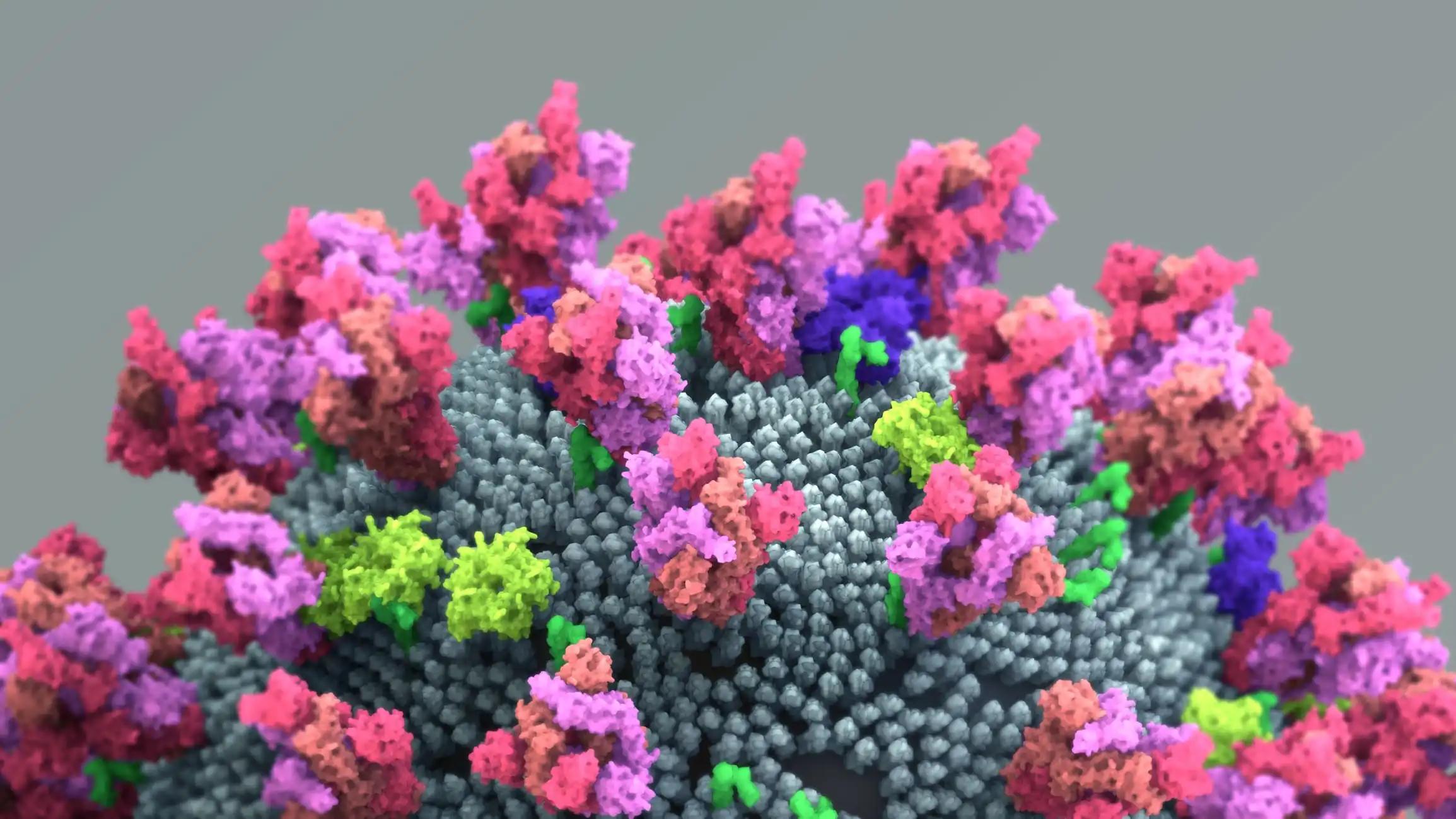KEY TAKEAWAYS
- The phase II VALENTINE trial is set up to evaluate HER3-DXd’s effectiveness and safety in the neoadjuvant setting.
- The primary endpoint is the complete pathological response rate at the time of surgery. The secondary endpoints include determining the rate of residual cancer burden, overall response rate, invasive disease-free survival at three years and five years, and safety.
Selecting the appropriate neoadjuvant treatment for individuals with high-risk HR+/HER2- early breast cancer presents a significant challenge. Despite having chemotherapy (CHT) and endocrine therapy (ET) options, the risk of cancer recurrence remains a persistent concern, underscoring the necessity for additional therapeutic approaches. The TOT-HER3 trial has demonstrated promising results with HER3-DXd, a novel HER3-directed antibody-drug conjugate. This single-dose treatment is associated with positive clinical responses, enhanced immune cell infiltration, suppression of cell proliferation, and a consistent and manageable safety profile in patients (pts) with HR+/HER2-negative early breast cancer. These findings have influenced the design of the upcoming VALENTINE trial, which will investigate the use of HER3-DXd in the neoadjuvant setting.
VALENTINE is an open-label, randomized research study with parallel, exploratory, and three-arms. It involves pts with HR+/HER2-negative breast cancer who exhibit Ki67 IHC ≥ 20% and/or a high genomic risk determined by a specific gene signature aiming to assess the clinical advantages and biological impacts of HER3-DXd as a neoadjuvant treatment, both with and without the inclusion of letrozole (LET). In the study, 120 treatment-naïve pts will be randomly assigned in a 2:2:1 ratio to one of three treatment arms: 1) Receiving HER3-DXd (5.6 mg/kg) every 21 days for a total of 6 cycles; 2) Administering HER3-DXd + daily LET +/- LHRH analogs every 21 days for six cycles; 3) Undergoing the standard care CHT, including four cycles of EC/AC (epirubicin 90 mg/m2 or doxorubicin 60 mg/m2 and cyclophosphamide 600 mg/m2 every 14/21 days), followed by a weekly paclitaxel regimen at a dose of 80mg/m2 for 12 weeks.
The study’s main endpoint is to determine the pathological complete response rate (ypT0/is ypN0) at surgery. Samples will be gathered at three specific points in the study: baseline, on-treatment (Cycle 2, Day 1), and surgery. These samples will serve for molecular analysis and the assessment of treatment response, which includes the examination of ERBB3 gene expression, HER3 immunohistochemistry (IHC), changes in CelTIL (tumor-infiltrating lymphocytes), and the categorization of research-based PAM50 subtypes. Further specimens will be collected for pharmacokinetic evaluation, genomic analysis, and the examination of circulating biomarkers. The secondary endpoints of the study encompass evaluating the rate of residual cancer burden, overall response rate, invasive disease-free survival at three years and five years, and safety. Both interim and final analyses have been pre-planned as part of the study design.
Clinical Trial: https://classic.clinicaltrials.gov/ct2/show/NCT05569811
Oliveira, M., Pascual, T., Villacampa, G., Munoz, M., Martorell, A.P., Perez Lopez, M.E., Parraga, K.A., Farre, X.G., Vila, C.M., Ortega, P.T., Puy, M.B., Vila, M.M., Cejalvo, J.M., Zheteyava, Y., Sternberg, D.W., Fan, P., Santhanagopal, A., Bayona, R.S., Ferrero Cafiero, J.M., Prat, A. A RANDOMISED PHASE 2 TRIAL OF NEOADJUVANT MULTI-AGENT CHEMOTHERAPY (CHT) OR PATRITUMAB DERUXTECAN (HER3-DXD; U3-1402) +/- ENDOCRINE THERAPY (ET) FOR HIGH-RISK HORMONE RECEPTOR POSITIVE (HR+/HER2-) EARLY BREAST CANCER (EBC): SOLTI-2103 VALENTINE TRIAL. Annals of Oncology (2023) 8 (1suppl_4): 101220-101220. 10.1016/esmoop/esmoop101220.



